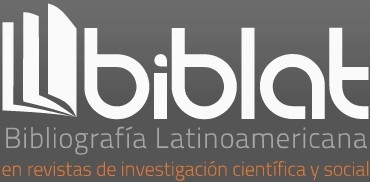An Outline of the Phenomenology of Affectivity in Merleau-Ponty
DOI:
https://doi.org/10.35494/topsem.2022.2.48.823Keywords:
Erotic perception, Feeling, Dreams, EsthesiologyAbstract
There is no systematic elaboration of a phenomenology of affectivity in Merleau-Ponty's work. However, it is striking that throughout the whole work he resorts to descriptions of an affective character, such as pain or pleasure, emotions or feelings. My hypothesis is that the author is clear from the beginning of his work that human life, in its different modalities, is affected by a primordial layer: feeling, which, in later years, will be interpreted as the unconscious. The conception of the unconscious as feeling from perception ratifies the esthesiology that highlights the libidinal character of both one's own body and the body of the other. Accordingly, we propose, first, to describe erotic perception in order to show how the “anonymous vigilance of the senses”, of our sexuality or of our dreams allows us to elaborate our human relations. Secondly, the description of “The premonitory dream” (Freud) allows us to illustrate feeling as a symbolic matrix of our affective relationships with others, and finally, we will present feeling as an expression of the flesh.
Downloads
References
Barbaras, R. (2008). Introduction à une phénoménologie de la vie. Vrin.
Buffone, J. (2017). "Ir hacia” desde los otros. La apropiación de la noción de arco intencional en Merleau-Ponty. Diánoia, 62(79).
Bimbenet, È. (2003). « Voir, c'est toujours voir plus qu'on ne voit »: Merleau-Ponty et la texture onirique du sensible. Studia Phaenomenologica, (3-4).
Merleau-Ponty, M. (1945). Phénoménologie de la perception. Gallimard.
Merleau-Ponty, M. (1964). Le visible et l´invisible. Gallimard.
Merleau-Ponty, M. (1968). Résumés de cours. Collège de France (1952-1960). Gallimard.
Merleau-Ponty, M. (2003). L´institution. La passivité. Notes de cours au Collège de France (1954-1955). Belin.
Steinbock, A. (2012). La perception erótique, la honte et l´histoire. Alter, (20). Vrin.
Downloads
Published
How to Cite
Issue
Section
License

Tópicos del Seminario is licensed under a Creative Commons Reconocimiento-NoComercial-CompartirIgual 4.0 Internacional License.














